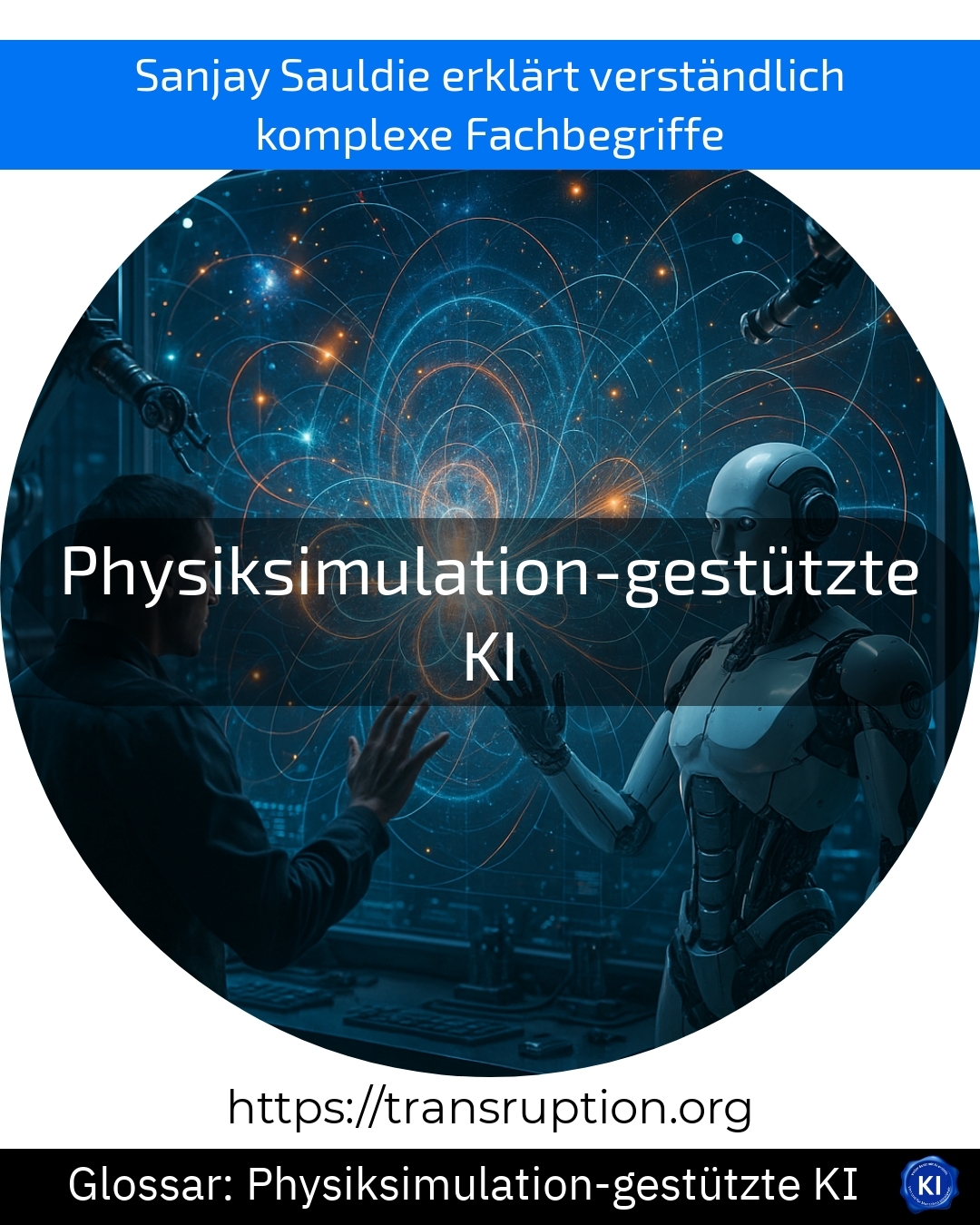The term "physics simulation-based AI" is particularly relevant in the fields of artificial intelligence, industry and Factory 4.0 as well as automation.
Physics simulation-based AI describes the use of artificial intelligence that works with the help of physical simulations. This means that computer programs calculate the behaviour of things in the real world - for example, how a robot moves or how a component is stressed. This allows an AI to run through various scenarios virtually and learn from them without the need for expensive or time-consuming test runs each time.
An illustrative example is the development of new car parts in the industry. With the help of physics simulation-supported AI, engineers virtually test how a component reacts in the event of an impact instead of carrying out real crash tests. The AI uses these simulations to quickly suggest many improvements. As a result, products are developed faster, cheaper and safer.
Especially for companies that want to set up automated processes or smart factories, physics simulation-based AI opens up completely new opportunities to increase efficiency and detect errors at an early stage.















